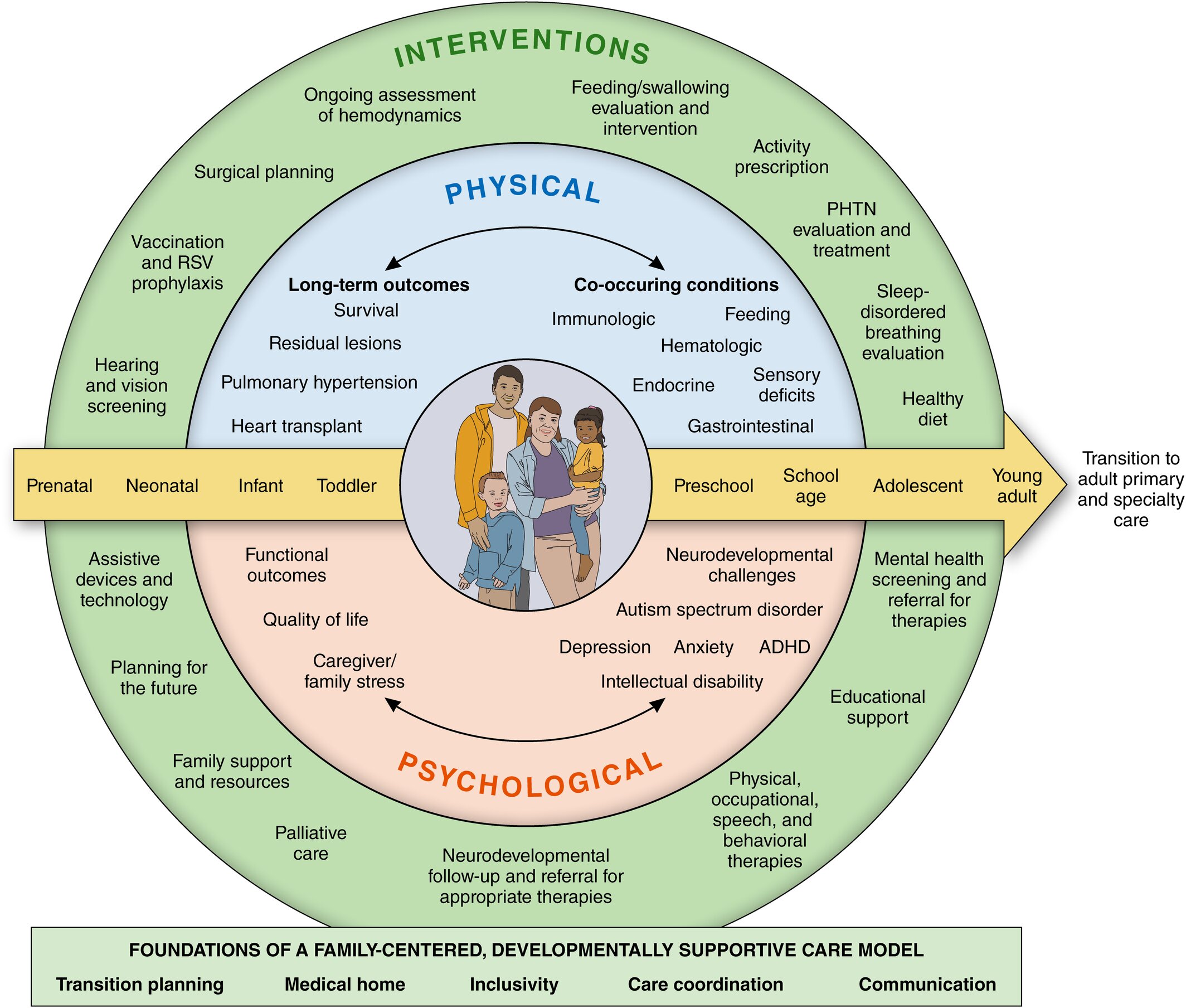Aphasia is a condition that affects a quarter of stroke survivors. It impairs communication abilities, including speaking, listening, reading, and writing. Aphasia can have a profound impact on social relationships, employment, and overall quality of life.
In current UK practice, 90% of speech and language therapists acknowledge the importance of discourse assessment and treatment. However, they face considerable barriers such as limited resources, time, and expertise. Addressing this critical need, the Language Underpins Narrative in Aphasia (LUNA) intervention used in the study offers a multi-level approach targeting words, sentences, and discourse macrostructure through personalised narratives. This aligns more closely with real-life communication needs.
The study, which was led by Professors Madeline Cruice and Lucy Dipper from the Centre for Language and Communication Sciences Research at City and funded by the Stroke Association, involved 28 participants with chronic aphasia, split equally into immediate treatment and delayed treatment (control) groups. Treatment was structured into 20 sessions over 10 weeks, each lasting an hour. Sessions were conducted via Zoom, making the therapy accessible during the COVID-19 pandemic. The LUNA treatment focused on personal narrative monologues, helping participants reconstruct their chosen narratives through structured language exercises targeting words, phrases, sentences, and discourse macrostructures.
It was seen that LUNA improved the narrative abilities of participants who received the treatment compared to the control group. Improvements were also seen in terms of language functioning and mood. These results underscore the potential of LUNA to effectively enhance communication skills among aphasia patients. The study has been published in the journal PLoS One.
Professor Dipper, Professor of Clinical Linguistics, said: “Traditional therapeutic approaches often focus on word and sentence-level treatments, but LUNA represents a shift in aphasia treatment to align more closely with real-life communication needs.”
Professor Cruice, Professor of Aphasia Rehabilitation and Recovery, said: “Our findings demonstrate the potential of narrative-based interventions to make a real difference in the lives of people with aphasia. We hope this study encourages further research and adoption of discourse-focused therapies, ultimately leading to more holistic and effective rehabilitation practices.”

